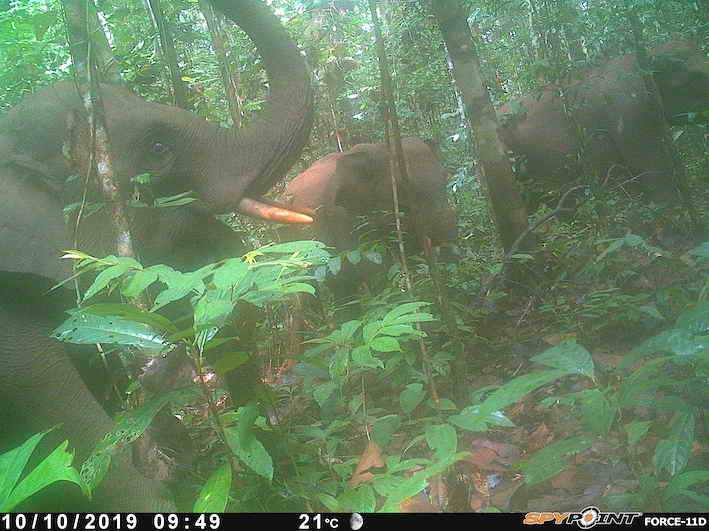
Wild Sumatran Elephant recorded on BU trail camera. Project by BU PhD student Helen Slater (Pippa Gillingham & Amanda Korstjens), in collaboration with Invisible Flock.
Elephants live in complex societies with a rich array of social interactions and a sophisticated communication system that includes extensive use of audible and infra sounds. Eavesdropping on their long and short-range vocal communication may be a way to help us monitor wellbeing for captive elephants, understand population sizes of wild elephants and even help us monitor the movements of wild elephants approaching human settlements and fields. Our multi-disciplinary team is interested in developing the tools and methods for passive acoustic monitoring of elephants for a range of applications as part of a new collaboration including researchers, technologists, conservationists and artists.
We are looking for an enthusiastic, independent, MRes student to join us to study acoustic communication and behaviour of captive Asian elephants, Elephas maximus. The aim of this one-year research project is to identify whether passive acoustic monitoring can play a role in monitoring captive elephant wellbeing and activity. The project involves studying behaviour and vocalisations of the Asian elephant herd at Whipsnade zoo, Zoological Society London. Preferred course start April 2021 – other options can be discussed.
Project page: https://go-leap.wixsite.com/home/elephantacoustics
We are also happy to discuss a longer-term project at the level of a self-funded MPhil or PhD.
Supervisors
Amanda Korstjens, akorstjens @ bournemouth.ac.uk
Kathy Hodder, khodder @ bournemouth.ac.uk
Lewis Rowden, at ZSL
Alasdair Davies, Arribada at ZSL
Full research team:
Victoria Pratt and Ben Eaton from Invisible Flock
Tom Davis, Bournemouth University
MRes course at Bournemouth University
Doing an MRes degree at Bournemouth University allows you to focus on research, which you write up as a thesis, without completing coursework, although you will also have the benefit of a small number of mandatory skills workshops.
At the start of the project, you will discuss your development goals and requirements with your supervisory team, and we will provide you with relevant training opportunities. This project offers the opportunity to learn skills in animal behaviour data collection and analyses with experts in the field. You will also have the opportunity to learn more about developing low-cost acoustic devices, collecting and analysing sound recordings, and can join in public engagement activities.
You will become a member of the Bournemouth University Postgraduate Researcher group (PhD, MPhil and MRes students), where you fall under the support from our doctoral college. At the university you are part of the Life and Environmental Sciences Department where we have an inclusive welcoming team of scientists working on a wide breadth of research in biological and ecological subjects (LES).
Start Date: April 2021 (preferably)
Contact: please contact Amanda Korstjens if you have any questions about this opportunity. akorstjens @ bournemouth.ac.uk (without the spaces)
Some further information on the work we do:
Elephant research at Bournemouth University: https://www.bournemouth.ac.uk/research/research-action/sumatran-elephant-conservation ZSL Research: https://www.zsl.org/science/research
Arribada Initiative: https://arribada.org/
Invisible Flock: Inaudible Science-art collaboration: https://invisibleflock.com/portfolio/inaudible/
You will become a member of the LEAP research group, you can find completed MRes and PhD theses of the LEAP team here: https://go-leap.wixsite.com/home/publications
Details on the MRes scheme and links to how to Apply can be found here:
https://www.bournemouth.ac.uk/study/courses/master-research-faculty-science-technology-1
Application page link (please check the general course information pages first).
Funding:
We will provide equipment.
We cannot fund accommodation, fees or stipend.
We will support and train you in preparing external funding bids.

Sumatran Elephant by @AHKorstjens
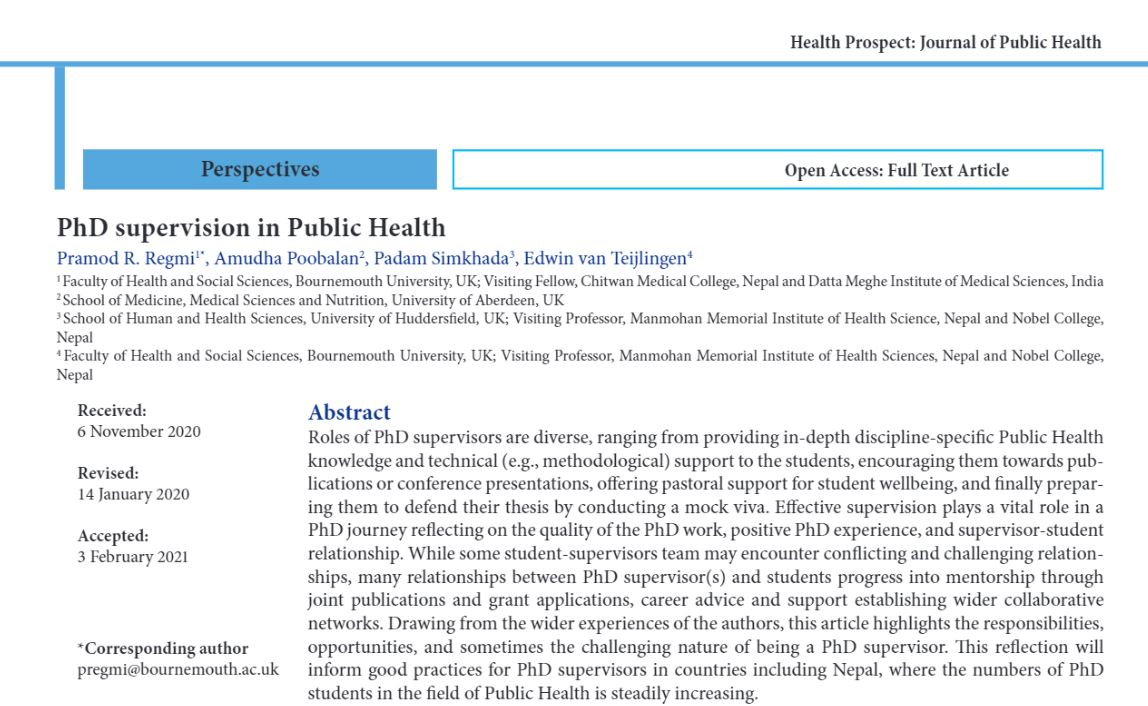 Recently, Health Prospect: Journal of Public Health published our article on ‘PhD supervision in Public Health’ [1]. The lead author is Dr. Pramod Regmi, with co-authors Prof. Padam Simkhada (FHSS Visiting Faculty) from the University of Huddersfield and Dr. Amudha Poobalan from the University of Aberdeen. The paper has a strong Aberdeen connection, the fifth oldest university in the UK. Three of us (Poobalan, van Teijlingen & Simkhada) use to work in the Department of Public Health at the University of Aberdeen (one still does), and three of us (Poobalan, Regmi & van Teijlingen) have a PhD from Aberdeen.
Recently, Health Prospect: Journal of Public Health published our article on ‘PhD supervision in Public Health’ [1]. The lead author is Dr. Pramod Regmi, with co-authors Prof. Padam Simkhada (FHSS Visiting Faculty) from the University of Huddersfield and Dr. Amudha Poobalan from the University of Aberdeen. The paper has a strong Aberdeen connection, the fifth oldest university in the UK. Three of us (Poobalan, van Teijlingen & Simkhada) use to work in the Department of Public Health at the University of Aberdeen (one still does), and three of us (Poobalan, Regmi & van Teijlingen) have a PhD from Aberdeen.
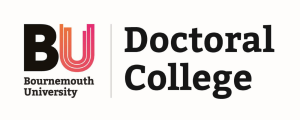 NEW for 2021! Promoting research culture at BU and celebrating postgraduate researcher achievements, the Doctoral College are collating
NEW for 2021! Promoting research culture at BU and celebrating postgraduate researcher achievements, the Doctoral College are collating 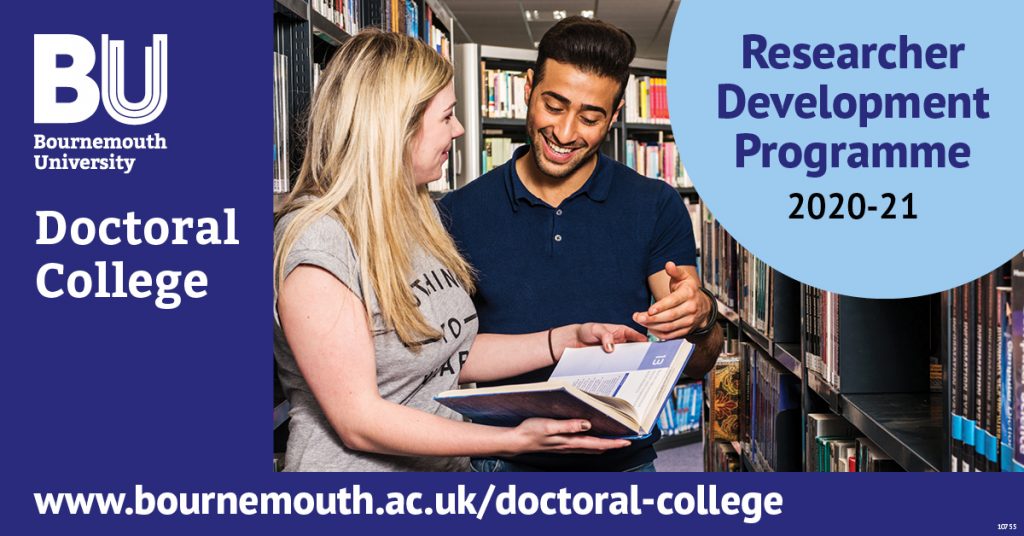
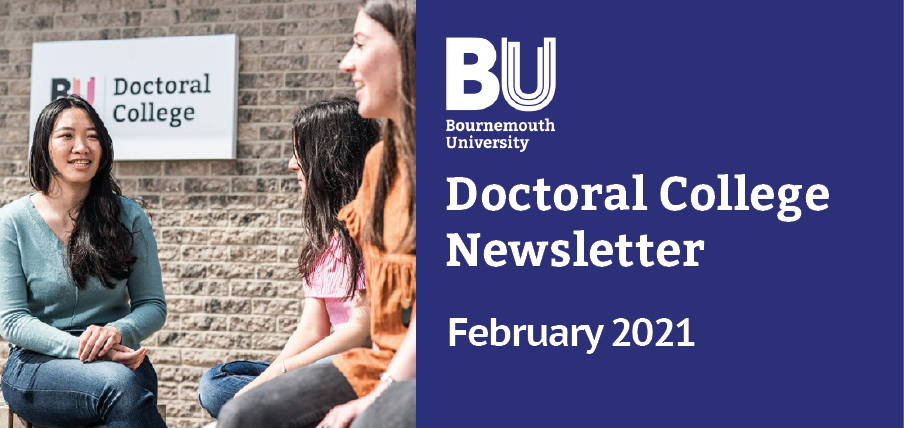



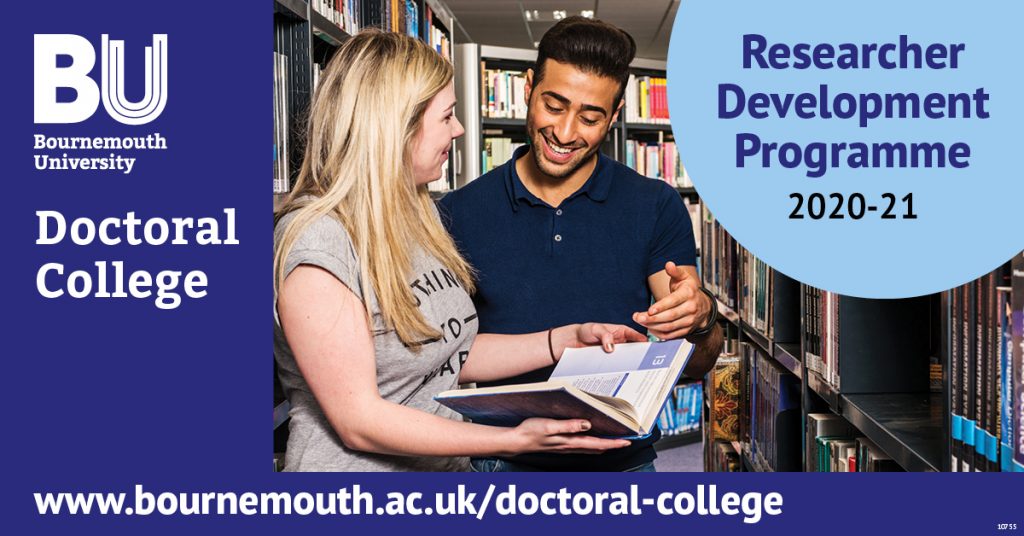
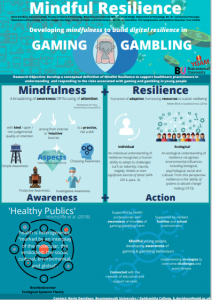
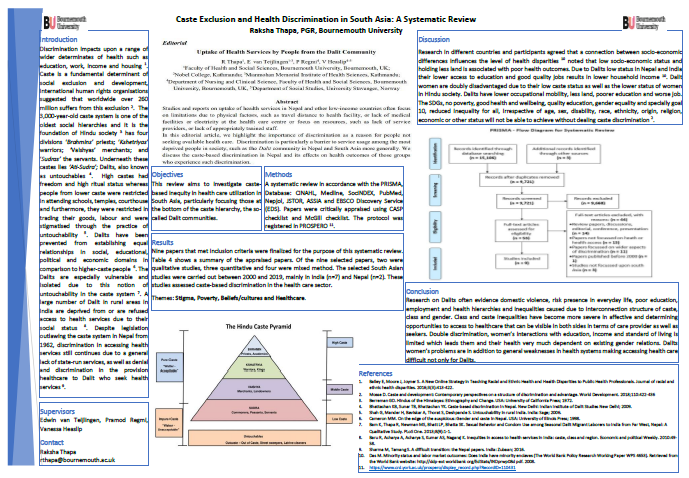
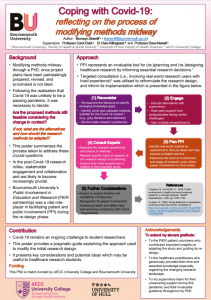
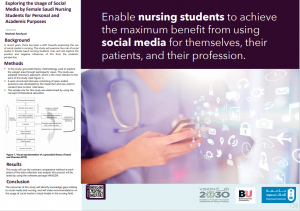
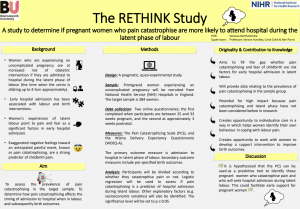
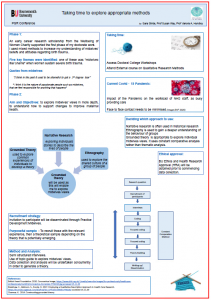
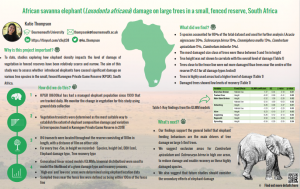
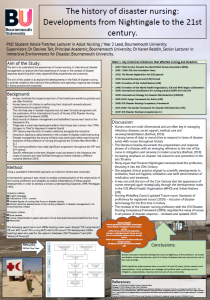
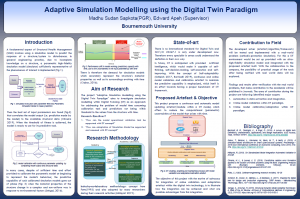











 Upcoming opportunities for PGRs – collaborate externally
Upcoming opportunities for PGRs – collaborate externally BU involved in new MRF dissemination grant
BU involved in new MRF dissemination grant New COVID-19 publication
New COVID-19 publication MSCA Postdoctoral Fellowships 2024
MSCA Postdoctoral Fellowships 2024 Horizon Europe News – December 2023
Horizon Europe News – December 2023